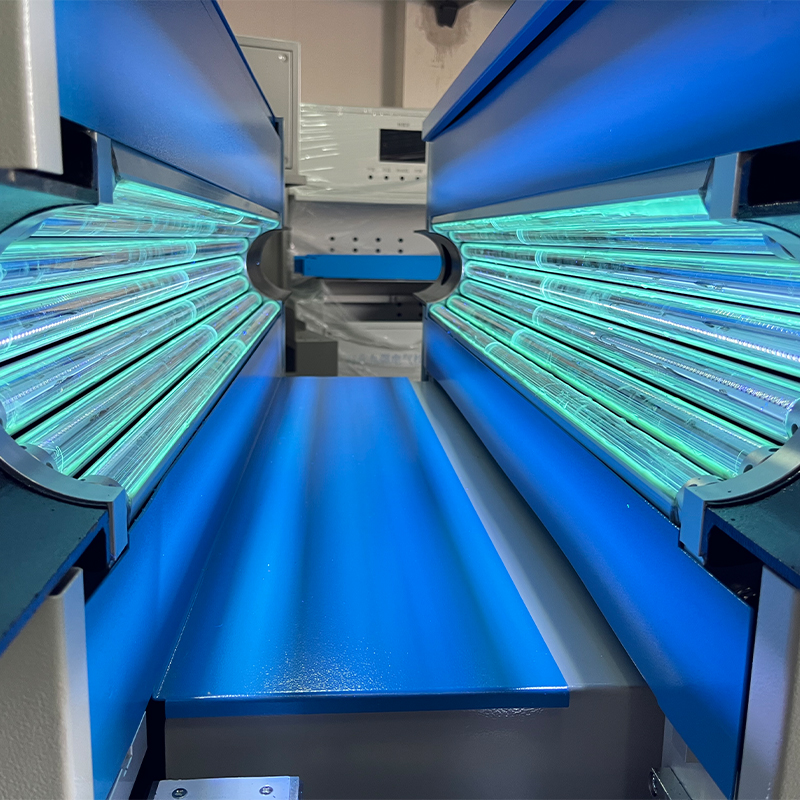5kN Tensile Testing Machine for Material Strength Evaluation and Quality Control
Understanding the 5kN Tensile Tester A Key Tool for Material Strength Evaluation
The 5kN tensile tester is an essential device in materials science, engineering, and quality control, specially designed to assess the tensile strength and elongation properties of various materials. Tensile testing is a fundamental method used to determine how materials behave under tension, which is crucial in ensuring the reliability and safety of products across diverse industries. This article explores the importance, functionality, and applications of the 5kN tensile tester.
What is a 5kN Tensile Tester?
A 5kN tensile tester is a laboratory device that applies a controlled tensile load on a specimen until it fractures or deforms. The term 5kN refers to the maximum force that the device can apply, which is equivalent to 5000 Newtons. The tensile tester is equipped with a loading system, a mechanism for gripping the specimen, and software that records the data throughout the testing process.
Importance of Tensile Testing
Tensile testing is critical for several reasons
1. Material Selection Engineers and designers need reliable data on material properties when selecting materials for specific applications. Tensile strength, yield strength, and elongation are key factors that help in choosing the right material.
2. Quality Control Manufacturers use tensile testing to ensure their products meet certain standards and specifications. This helps in identifying any defects in the materials or inconsistencies in the production process that could compromise the product's integrity.
3. Research and Development In the R&D phase, understanding how materials respond to stress is vital for innovation. Researchers conduct tensile tests to develop new materials or improve existing ones.
4. Safety In fields like construction, automotive, and aerospace, tensile testing contributes to public safety by ensuring that materials can withstand expected loads without failure.
How Does a 5kN Tensile Tester Work?
The operation of a 5kN tensile tester involves several key steps
1. Preparation of the Specimen The material sample is prepared according to specific dimensions and shapes, typically a standardized dog-bone configuration, to ensure accurate results.
5kn tensile tester

2. Mounting the Specimen The specimen is then placed in the grips of the tensile tester. Each grip firmly holds the specimen to prevent slippage during testing.
3. Applying the Load The tensile tester gradually applies a pulling force to the specimen. This process is controlled and monitored by the testing machine’s software.
4. Data Collection As the load is applied, the software records various parameters, including the amount of force applied and the corresponding elongation of the specimen.
5. Analysis The collected data will produce a stress-strain curve, which illustrates how the material behaves under tensile loading. Important values like the ultimate tensile strength (UTS), yield strength, and percentage elongation are derived from this curve.
Applications of the 5kN Tensile Tester
The versatility of the 5kN tensile tester allows it to be used across various industries
- Construction and Civil Engineering For assessing the tensile strength of concrete, steel reinforcements, and other building materials. - Manufacturing In evaluating industrial products, such as wires, cables, textiles, and plastics, ensuring they meet required specifications.
- Automotive Industry To test materials used in vehicle components, ensuring they can withstand operational stresses and enhance safety.
- Aerospace For testing lightweight composites and metals that will operate under extreme conditions.
- Research Institutions Facilitating experimental studies on the mechanical behaviors of new materials.
Conclusion
The 5kN tensile tester is an invaluable instrument in determining the mechanical properties of materials. By providing precise measurements of tensile strength and elongation, it plays a significant role in material selection, quality assurance, and product development. As technology continues to evolve, the capabilities of tensile testing equipment are likely to expand, offering even more accurate and comprehensive insights into material performance. Understanding and utilizing this powerful tool ensures that industries can produce safe, reliable, and high-quality products, ultimately leading to innovations that drive progress in the global marketplace.
-
Why the Conductor Resistance Constant Temperature Measurement Machine Redefines Precision
NewsJun.20,2025
-
Reliable Testing Starts Here: Why the High Insulation Resistance Measuring Instrument Is a Must-Have
NewsJun.20,2025
-
Flexible Cable Flexing Test Equipment: The Precision Standard for Cable Durability and Performance Testing
NewsJun.20,2025
-
Digital Measurement Projector: Precision Visualization for Modern Manufacturing
NewsJun.20,2025
-
Computer Control Electronic Tensile Tester: Precision and Power for the Modern Metal Industry
NewsJun.20,2025
-
Cable Spark Tester: Your Ultimate Insulation Assurance for Wire and Cable Testing
NewsJun.20,2025
 Copyright © 2025 Hebei Fangyuan Instrument & Equipment Co.,Ltd. All Rights Reserved. Sitemap | Privacy Policy
Copyright © 2025 Hebei Fangyuan Instrument & Equipment Co.,Ltd. All Rights Reserved. Sitemap | Privacy Policy
